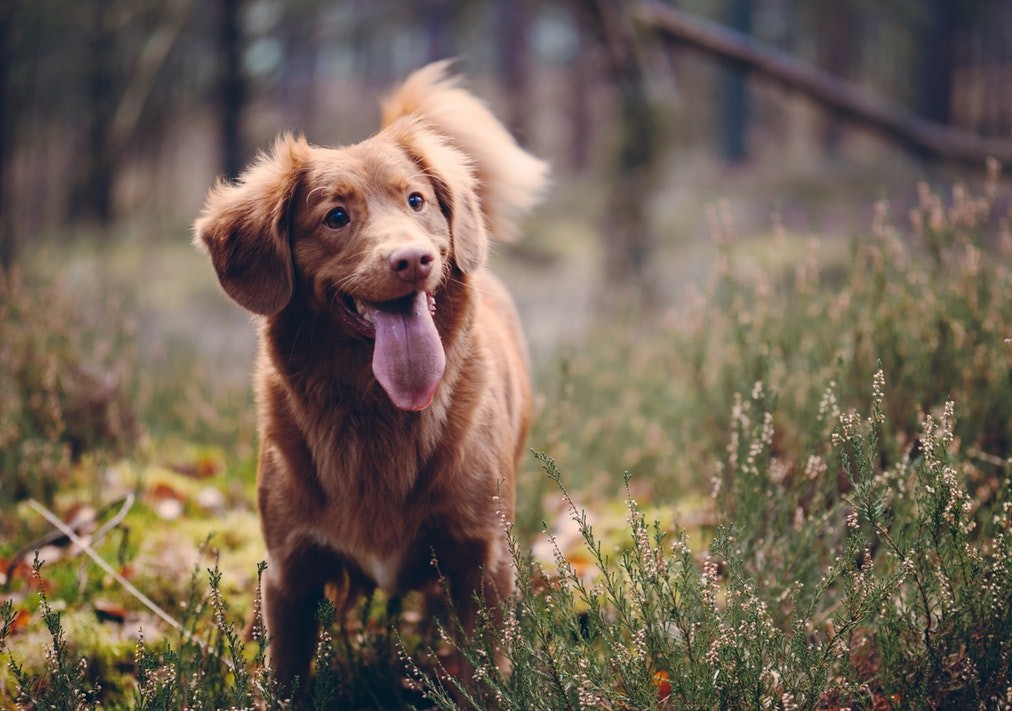Everything You Need To Know When You Adopt Your First Puppy–The First Year
A new puppy in the home always means loads and loads of fun, love, giggles and playtime! Your new family member will also require your patience and constant training that will help him/her quickly integrate into the family and in no time at all your new bundle of joy will learn to love all of the members of your household. By asking for advice from experienced pet owners and your vet, the adaption period should be a breeze. If this is your first puppy, make sure to follow certain guidelines. The stages of growth are more or less the same for all breeds.
The First 4 Weeks
The first 4 weeks of a puppy’s life is spent with its mother and with their littermates. Their mother teaches them how to behave, i.e. where to eliminate waste. It is during this period that their eyes begin to open, their first teeth being to emerge and they begin to develop their sense of smell and hearing. It is very important for pups to spend as much time as possible with their mother during this period so that they won’t experience issues once potty and other training begins.
Week 4 to 3 Months
Although it is best to adopt a puppy within the first 3 months of life, after week 4, puppies are ready for their new homes. During this period, puppies begin to develop certain social skills, they start chewing and their coordination starts to develop. At this stage they are still quite afraid and it’s best to start with positive reinforcement training and offering a lot of love in order to help your new family member overcome their fear.
It is now time for your first visit to the vet. If it is possible, insure your puppy, especially if they are mischievous or hyperactive. Any kind of medical insurance will come in handy as it is during this stage that they start nibbling and chewing everything in sight and also when they begin to explore unknown territories.
4 to 6 Months
At four months, your pup should already be socializing with other animals. It is still very important at this stage to implement positive reinforcement training as your furry loved one is still afraid of making new friends and dealing with new situations. Soon after your pet begins socializing with other dogs, they will learn their place in the pack. During this period, they sometimes become territorial, especially when other animals are in question. This is completely normal and all that you need to do is to continue with training.
Another thing to note here is that during this period, puppies tend to start nibbling on anything and everything they can find around the house. Your furry baby’s teeth are growing now and he/she will need a lot of teething toys to help relieve the pressure felt by their gums. If you want to avoid having most of your possessions and furniture chewed on, then you will definitely need to make sure that your new family member gets enough exercise and that they have plenty of chew toys available.
6 to 9 Months
It is during this stage that your pup will start to develop sexually and it is now time to decide whether or not to spay/neuter or breed your puppy. Female pups should go into ‘heat’ at the age of 6 months, and it is important to be careful here, as they can get pregnant. Make sure to keep your pup away from males during this time.
During this developmental period, pups are still exploring and love chewing which is why it is crucial to keeping your furniture in tack that you have enough chew toys available! Your pup will continue to test their position in the family, which is why it is important to continue with constant positive reinforcement training. As your furry baby is now ready to explore outside the home, you will probably take them on walks and other family outings. It is best to get a Pet Protector Disc now and protect your pup from dangerous parasites that can carry potentially infectious diseases. Not only will you protect your puppy from fleas and ticks, but you will also avoid applying the tons of harmful chemicals found in traditional external parasite products onto your baby’s body, which can be quite hazardous in themselves, causing cancer and other dangerous diseases.
10 to 12 Months
Depending on the size of your dog, but most small dogs reach adulthood by the age of 12 months. Slightly larger breeds enter adulthood at around 18 months. After 12 months, puppies already know how to behave in their environment. If you paid attention to your pet and worked with them constantly, your pup should be fully trained and obedient. Be sure to continue with their training but even now your pup is ready to accompany you anywhere. Your beloved pet is fully-grown and now you can look forward to giving and receiving unconditional love from your furry family member!
The first year can definitely test both your own and your pups character. It will require some time for you both to get used to each other but if you follow the instructions carefully, remain consistent and keep up with positive reinforcement training, you will not have any issues with your new family member. It is, of course, always recommended that you consult someone with experience in raising dogs, especially with pups that are still developing.

